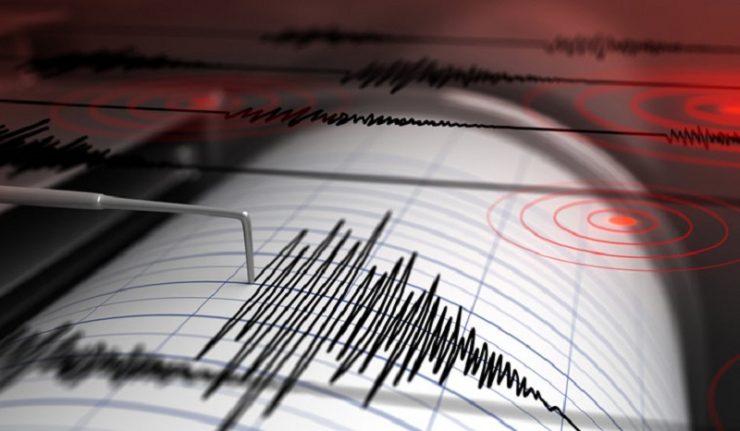AN earthquake measuring 7.3 on the Richter scale hit Japan on Saturday (13/2) just before midnight. The impact of the shaking caused walls to crack, shattered windows and triggered landslides in Fukushima, the area closest to the epicenter. More than 100 people were injured.
Hoshino, 46, was seen sweeping shards of glass from about 20 broken whiskey bottles into trash bags at his bar on the city street of Iwaki, about 200 km (120 miles) north of Tokyo and not far from the epicenter.
“We have the coronavirus pandemic, so we hoped to reopen our shop, and now this is happening,” he said, referring to the local state of emergency announced by the government.
The Japan Meteorological Agency (JMA) said the quake was believed to be the aftershock of the 9.0 magnitude earthquake on March 11, 2011 that triggered a tsunami, killing nearly 20,000 people along a large swath in northeastern Japan, and the Fukushima nuclear accident, the world’s worst in 25 years. The agency warned of aftershocks over the next few days.
Citing national broadcaster NHK, at least 121 people were injured, including some who suffered broken bones. However, no deaths were reported.
The JMA forecast heavy rain in the quake-stricken region on Monday, warning that the earth may have weakened by the quake, making it prone to landslides.
Train services to much of northern Japan were suspended on Sunday. Repair of the East Japan Railway Co’s Tohoku Shinkansen bullet train line could take about 10 days, reports national broadcaster NHK.
11:08 p.m. (1408 GMT) The quake rocked buildings in the Japanese capital Tokyo, cutting off power to hundreds of thousands of buildings in eastern and northeastern Japan. However, by morning, almost all of the electricity was restored.
No tsunami this time, and no reports of disturbances at any nuclear plants. NHK reports that about 160 milliliters of water have leaked from the spent fuel pool at the Fukushima Dai-Ni reactor but this poses no danger. Earthquakes are common in Japan, one of the most seismically active areas in the world. Japan accounts for about 20% of earthquakes of magnitude 6 or greater in the world. [sources/photo special]
















